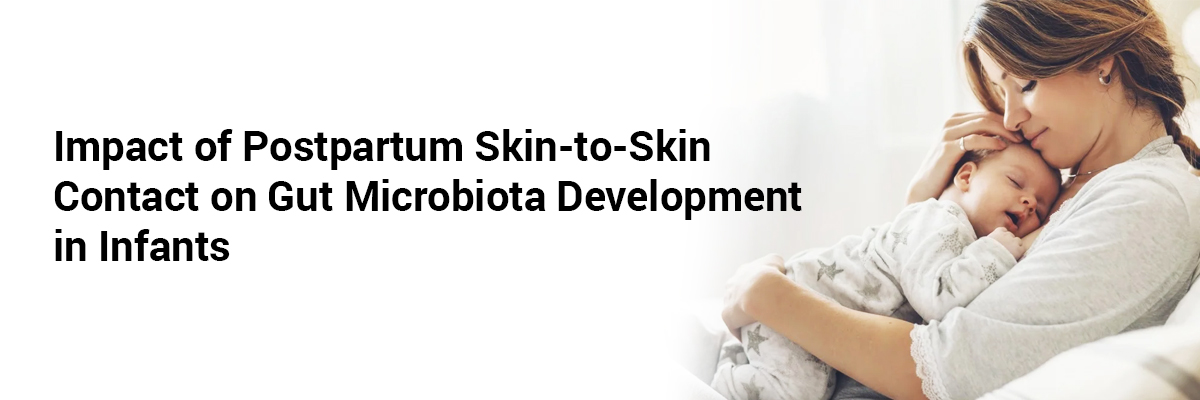
Impact of Postpartum Skin-to-Skin Contact on Gut Microbiota Development in Infants
The gut microbiota plays a crucial role in human development and function, particularly influenced by various environmental factors during early life. This randomized controlled trial explored the impact of one hour of daily skin-to-skin contact (SSC) over five weeks on the gut microbiota of healthy full-term infants, measuring outcomes such as alpha/beta diversity, microbiota maturation, and functional abundances related to the gut-brain axis.
A total of 116 pregnant Dutch women were randomly assigned to either the SSC group, which practiced daily skin-to-skin contact from birth to five weeks, or a care-as-usual group. Stool samples were collected at two, five, and 52 weeks, and sequencing was performed on the V4 region.
The results revealed significant differences in microbiota composition, bacterial abundances, and predicted functional pathways between the two groups. Infants in the SSC group showed lower microbiota volatility in early infancy and slower maturation over the first year, potentially influenced by breastfeeding duration.
To conclude, these findings suggest that postpartum skin-to-skin contact may affect the development of gut microbiota. Further research is needed to confirm these results and investigate the role of stress in this process, as well as to examine the long-term effects of SSC on microbiota development.
Source:Eckermann, H. A., Meijer, J., Cooijmans, K., Lahti, L., & de Weerth, C. (2024). Daily skin-to-skin contact alters microbiota development in healthy full-term infants. Gut Microbes, 16(1). https://doi.org/10.1080/19490976.2023.2295403.














Please login to comment on this article